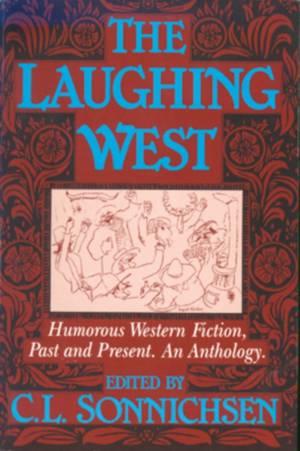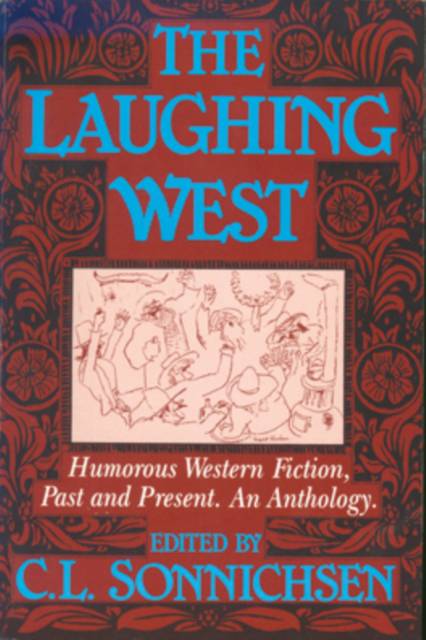
- Retrait gratuit dans votre magasin Club
- 7.000.000 titres dans notre catalogue
- Payer en toute sécurité
- Toujours un magasin près de chez vous
- Retrait gratuit dans votre magasin Club
- 7.000.000 titres dans notre catalogue
- Payer en toute sécurité
- Toujours un magasin près de chez vous
Description
Without humor, the American West would be a vast territory of arid clichés -- stolid cowboys and fearless lawmen, or, in more modern visions, dastardly land developers and fanatical environmentalists -- all of them as lifeless as an alkalai flat. In The Laughing West, Professor C. L. Sonnichsen presents a generous selection of humorous western writing and shows how the humorous perspective comes closer to the truth about the west than either the romance of the "old West" or the sometimes bitter anti-romanticism of the new west. As Leslie Fiedler has observed, "to understand the West as somehow a joke comes a little closer to getter it straight."
The Laughing West consists of twenty-one pieces of humorous western writing, along with a general introduction, section introductions and an afterword. Throughout the book, the humor is based on character, and on how our perception of the familiar character types has evolved over the years. The reader is treated to a gallery of western originals: from the practical joker Slewfoot Samuels in Bill Gulick's "The Marriage of Moon Wind," to Eddie Bud Boyd, the fast-talking cattle broker in Glendon Swarthout's The Cadillac Cowboys; from the Texas A&M-educated Sheriff "Freight Train" Flowers in Peeper by William Brinkley, to the brilliantly devious Governor Cullie Blanton in The One-Eyed Man by Larry L. King.
In addition to the traditional cowboys, Indians, and Mexicans, The Laughing West shows some contemporary western faces: the new breed of lawman, the rootless pilgrim, and the new urban westerner, typified by "Slick," in Dan Jenkins' Baja Oklahoma complaining about the "Chateau-le-44.50" in the poshest restaurant in a Dallas shopping mall.
Spécifications
Parties prenantes
- Auteur(s) :
- Editeur:
Contenu
- Nombre de pages :
- 312
- Langue:
- Anglais
- Collection :
Caractéristiques
- EAN:
- 9780804009027
- Date de parution :
- 01-06-88
- Format:
- Livre broché
- Format numérique:
- Trade paperback (VS)
- Dimensions :
- 155 mm x 231 mm
- Poids :
- 494 g







